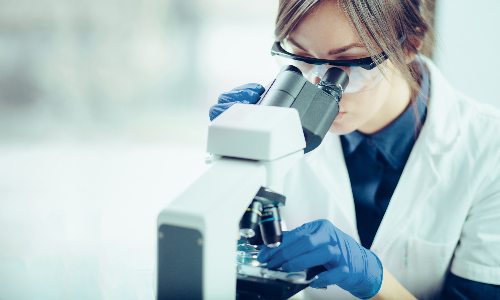The University of Aberdeen has reported that a trial of a new potential treatment for Huntington’s disease is underway.
Aberdeen has also announced that it has recruited what’s thought to be the first UK patient for the study, which is investigating an oral drug called pridopidine.
According to the University, the PROOF-HD study – a phase 3 clinical trial – is set to enrol up to 480 people with early-stage Huntington’s, as part of an international trial covering approximately 60 sites across the US, Canada, and Europe.
The drug has already been tested in nearly 1,000 patients and this clinical trial will require participants to take a capsule orally twice a day.
Designed to activate ‘a certain receptor which is highly expressed in the brain’, using the drug may trigger mechanisms that are ‘crucial for maintaining neurons function and survival’. It is hoped this may lead to beneficial effects on functional capacity.
Huntington’s is a fatal inherited condition, caused by a faulty gene that leads neurons in the brain to degenerate. There is currently no effective treatment and around one in 7,000 people in Scotland are believed to have symptoms of the disease.
Professor Zosia Miedzybrodzka, study lead from the University of Aberdeen, said: “Huntington’s disease is a serious condition with no known treatments that slow functional decline.
“With no effective treatment currently trials such as PROOF-HD are of huge importance and the promise of effective treatments is really important to families living with the disease.”
Alistair Haw, Chief Executive Officer of Scottish Huntington’s Association, added: “Whilst there are no current treatments that slow the advance of HD (Huntington’s disease), families impacted by this appalling condition can be encouraged by the volume of trials currently underway to find the breakthrough we all long for.
“When this breakthrough comes, as we firmly believe it will, it will be thanks to the courage of family members who selflessly volunteer to take part in such trials combined with the expertise of the world’s top researchers, scientists and clinicians. We are hugely fortunate to have such a dedicated community in Scotland, and we look forward to working with Professor Miedzybrodzka, her team and our HD families as they take this exciting new research project forward.”
The University of Abderdeen notes that patients who are eligible for the study will be contacted by their consultant.



